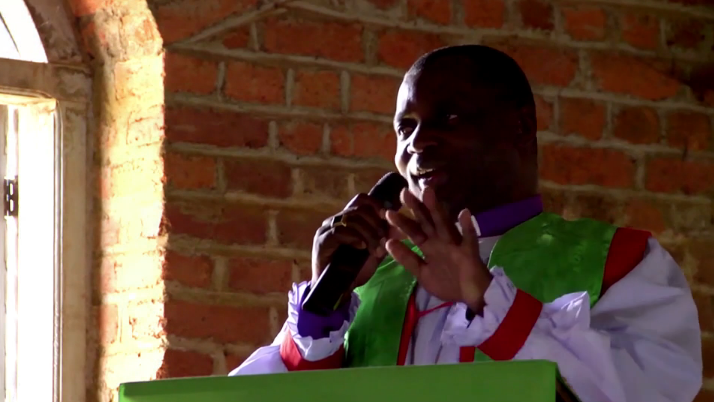When two Sydney Christians decided to make a documentary about Christians living in Democratic of Congo, their preconceptions were challenged. Joshua Maule, former Eternity staffer, explains what took him and his friend Bryce McLellan to Congo to ask a simple question.
In documentary-making, there is something called the ‘piece to camera’ where the presenter looks into the lens and explains an aspect of the story. I tried to record some of these during the time I spent in Democratic Republic of Congo in 2012. But each one turned out to be a barely coherent jumble of phrases. What I had heard in Congo was challenging me so much I did not know what to say.
It was a simple idea that led me and my friend Bryce McLellan to make a documentary about the experiences of Christian people in this very troubled nation. We wanted to ask them: What is God’s plan for Congo?
In the last two decades, DR Congo has faced one of the worst humanitarian crises the world has known. Perhaps the worst. Ten years ago a Reuters report called Congo’s potent mix of civil war, rebel activity, and foreign exploitation the most ‘forgotten’ emergency in the world. While things have improved in some parts of the country, much has not changed. One UN official famously labelled Congo the ‘rape capital of the world’.

Isesomo is the Bishop of the North Kivu diocese.
With these thoughts in mind, two and a half years ago, we travelled there with CMS missionary dentist, Graham Toulmin. We were hoping to tell the story of followers of Jesus in the face of hell on earth. We wanted to speak with Congolese Christians who continued to believe God was not only alive but good.
From what I knew of the church in Congo, I suspected many people would have compelling things to say. But I didn’t know how incredible, and heartbreaking, those things would be. We interviewed pastors, victims of violence, and refugees. They did not spare us the confronting details of what they had faced. Their answers to our questions, delivered with both great and small amounts of conviction, were spiritually challenging.
One particular day we interviewed a pastor called Munobo who had been threatened at gunpoint just a few weeks before we had arrived. Soldiers from the national army had shown up at his house in the middle of the night demanding money. After Munobo handed over everything, the soldiers told him they would return to kill him and his wife. He was still shaken when we met him and we asked how he interpreted these events in the light of what he also believed about Jesus. He said, ‘As servants of God we face many trials in this life, and this is one. But we know the Lord is protective, so we don’t fear.’
Every day in Congo we asked people questions like that. Pastors, health workers and community leaders. We ended up with many hours of film, and less clarity about what story we were going to tell.
Josh Maule and Bryce McLellan travelled to Congo to make the documentary.
On the one hand, I expected before our trip that the Congolese Christians would express a joyful faith in the face of trials like pastor Munobo. And many did . But others were also deeply disturbed. Some of the most compelling answers then did not merely sow up philosophical loose ends. Instead, they were full-bodied answers, so to speak. Answers that involved the kinds of lives of faith people were living.
It wasn’t until we returned home and looked again at the interviews that a clear story began to emerge. One which had less to do with my fractured pieces to camera, and everything to do with the people we first went to Congo to meet.
Filming the documentary was far from a smooth process. Using battery-powered cameras in towns where the only electricity comes from petrol generators, was toilsome. But the most personally confronting thing about our time in Congo was daily meeting the believers who lived there.
Many of those we met were living in a way that points to the God who knows why our world is so broken and who through his Son has done something about it.
‘Jesus in Congo’ was screened for the first time in Sydney on May 2. More screenings are being planned for later in the year. www.jesusincongo.com
Email This Story
Why not send this to a friend?
